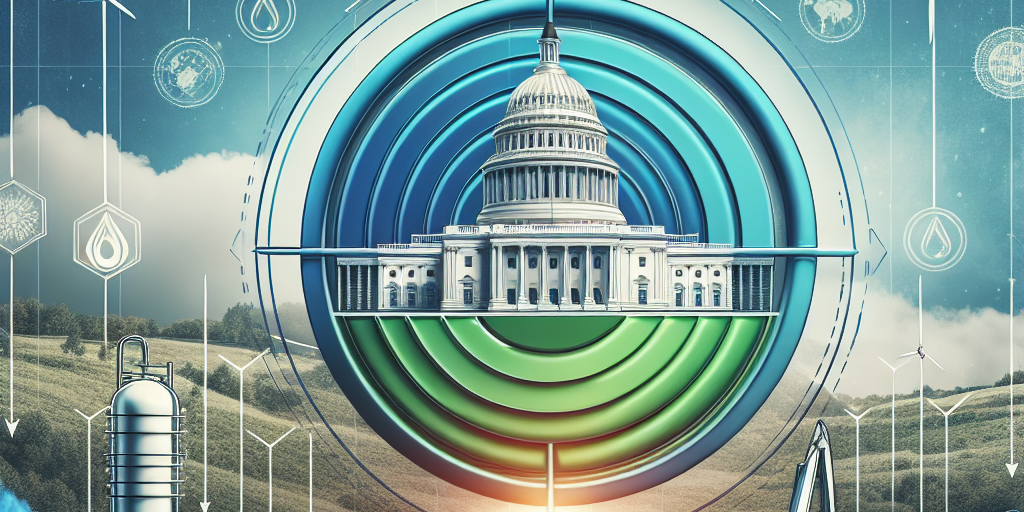Regulating Geothermal Energy: A Top Priority in Washington
In the ecologically conscious spirit of Taurus season, lawmakers in Washington D.C. are turning up the heat on the regulation of geothermal energy. Recognized for its potential to provide reliable, clean power, geothermal energy is a topic of increasing importance as the U.S. seeks to diversify its renewable energy portfolio. With discussions on how to best harness and regulate this resource underway, stakeholders from industry and environmental groups alike are closely monitoring the evolution of policies that could shape the future of geothermal development in the United States.
RSAC Conference Highlights: The Rise of Agentic AI
The cybersecurity community flocked to the RSAC conference in April, where a primary focus was the emergence of agentic AI in the IT industry. Tech leaders expressed both excitement and caution regarding the technology, which uses large language models (LLMs) to allow AI agents to interact and decide autonomously within their programming constraints. Concerns were raised over the expanded threat surface that these AI agents could present, with experts emphasizing the importance of robust data governance and protection strategies to mitigate potential risks.
Google Steps Up Defense Against Sophisticated Phishing Attacks
In response to a highly sophisticated phishing attack disclosed on April 16 by Nick Johnson of Ethereum Name Service, Google has rolled out additional measures to fortify its defenses. Recognizing the complexity of the tactics employed by threat actors, including the exploitation of long app names and deceptive URLs, Google is urging users to enhance their security through two-factor authentication and the adoption of passkeys. Google’s proactive measures aim to clamp down on these threats to protect its user base from potential data breaches.
Human Expertise Remains Crucial in AI-Driven Cybersecurity at RSAC
Although artificial intelligence is rapidly advancing cybersecurity capabilities, the RSAC conference highlighted the indispensable role of human expertise in the field. Industry leaders from companies like Accenture, Nvidia, and CyberArk discussed AI’s transformative impact during a roundtable discussion, noting that despite its progress, maintaining human oversight is key to manage the complexity and scale of today’s cybersecurity challenges effectively.
Tencent Shows Strong YOY Stock Growth Thanks to AI Investments
The Wall Street Journal reported a significant 13% year-over-year increase in stock value for Chinese technology giant Tencent, attributing much of the company’s success to its strategic investments in artificial intelligence (AI). This financial surge underscores the burgeoning importance of AI in global markets and Tencent’s position as an innovative leader capitalizing on advancements in this exciting technology sector.
Michael Barnhart Comments on the Persistent Challenge of North Korean IT Worker Scams
The persistent issue of IT worker scams, particularly those orchestrated by North Korean groups targeting Western enterprises, remains a stubborn problem, according to Michael Barnhart, a principal investigator at DTEX. His statement to Wired reflects the urgent need for more effective strategies to combat this form of cybercrime, stressing the need for innovation in cybersecurity measures to keep pace with sophisticated threat actors.
Educational Shift: Professors Join Students in Utilizing ChatGPT
As reported by The New York Times, the integration of AI-powered tools like ChatGPT is not limited to students in academia; instructors are also leveraging these technologies. The usage of generative AI is reshaping educational methodologies, presenting unique opportunities and challenges for academic institutions eyeing the potential of AI to influence learning and teaching processes.







